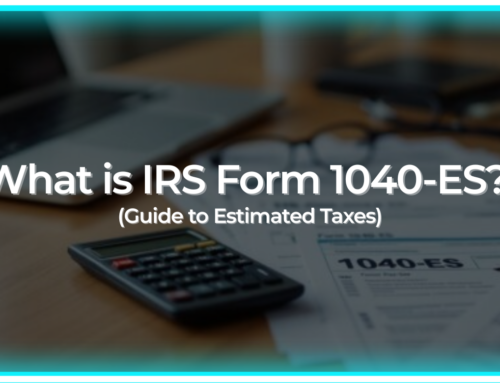Hey everyone, I’m Cindy, the Tax Manager here at Bette Hochberger, CPA, CGMA. As a tax manager, one of the key areas I focus on is assisting clients with IRS payment plans.
These plans are crucial for those who can’t pay their tax bill in full and need a structured way to clear their debts. This blog will explore the various payment plan options available with the IRS.
Understanding IRS Payment Plans
What is an IRS Payment Plan?
An IRS payment plan is an agreement to pay your taxes over time. This is particularly useful if you’re unable to pay your tax bill in full by the due date, offering a manageable way to settle tax debts without facing immediate financial hardship.
Types of IRS Payment Plans
Short-Term Payment Plan
The Short-Term plan is suitable for individuals who can settle their tax debt in 120 days or less. There are no setup fees involved, but penalties and interest will continue to accrue until the debt is fully paid.
Long-Term Payment Plan (Installment Agreement)
For debts that require more than 120 days to pay off, the Long-Term Payment Plan, also known as an Installment Agreement, is appropriate. It’s available for individuals owing up to $50,000 or businesses owing up to $25,000, with varying setup fees based on the plan type.
Guaranteed Installment Agreements
The Guaranteed Installment Agreement is designed for taxpayers owing $10,000 or less. This plan typically involves a straightforward approval process without the need for a detailed financial review and offers up to 3 years for debt repayment.
Streamlined Installment Agreements
Streamlined Installment Agreements offer a simplified application process for taxpayers owing $50,000 or less, allowing up to 6 years to pay off the debt. This plan is an efficient option for those who can commit to regular payments over a longer period.
Non-Streamlined Installment Agreements
For larger debts exceeding $50,000, Non-Streamlined Installment Agreements require detailed financial information and involve a more complex negotiation process with the IRS. Approval is not guaranteed, making it vital to present a strong case for your proposed payment terms.
Partial Payment Installment Agreement
The Partial Payment Installment Agreement considers your current financial state to determine a reduced monthly payment amount. Your financial situation is periodically reviewed by the IRS to adjust the payment terms as necessary.
Offer in Compromise
Though not a typical payment plan, an Offer in Compromise is an important option to mention. It allows you to settle your tax debt for less than the full amount owed, provided you meet stringent criteria.
Selecting the right IRS payment plan is crucial and depends on your financial situation and the amount owed. It’s important to carefully consider each option and its implications. As a tax manager, I always recommend seeking professional guidance to navigate this process effectively.
I’ll see you all again next time.







